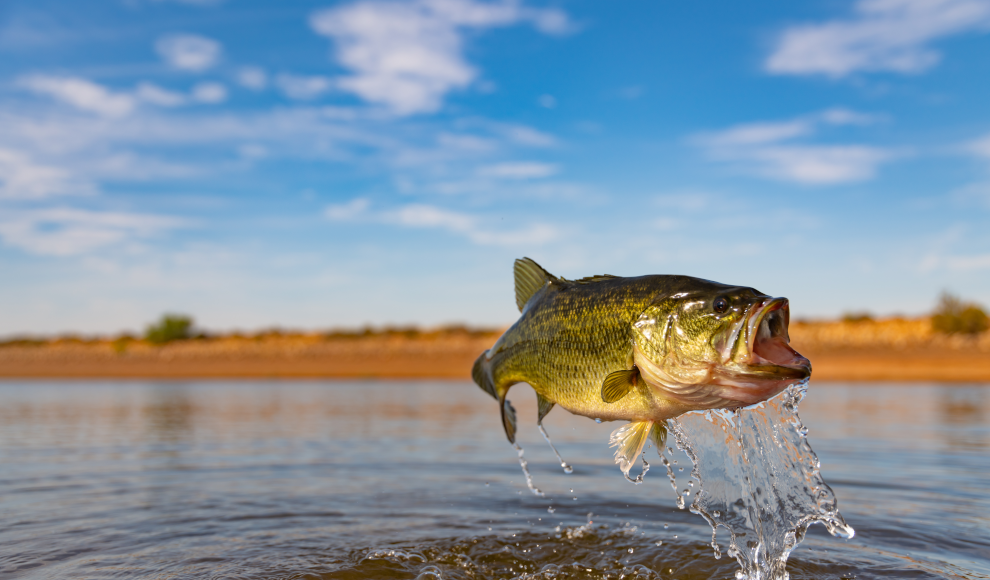A recent study conducted over 24 years in a warm coastal bay has examined the impact of climate change on fish growth. According to an established theory, aquatic creatures such as fish are expected to shrink in size due to global warming. A study by the University of Vienna and the Institute of Marine Sciences (ICM-CSIC) recently showed that this is indeed the case for fish in the twilight zone of the deep sea. However, researchers from the Swedish University of Agricultural Sciences (SLU) have published the results of a 24-year study on freshwater fish exposed to warm water in the journal eLife. The study was conducted in a closed coastal bay that was five to ten degrees Celsius warmer than the surrounding waters due to cooling water from a nuclear power plant.
The researchers compared the European perch species in the closed bay with a reference population from the adjacent archipelago. They also combined catch data with measurements of fish length at age and analyzed with statistical models whether and how warm water pollution affected the age and size of fish populations, as well as their growth and mortality rates. The study found that warm water increased both growth and mortality rates, resulting in a population of younger and larger fish. This discovery partially contradicts general predictions about the effects of global warming on natural ecosystems and underscores the need for rigorous, large-scale experimental testing of these hypotheses.
The study shows that theories such as the temperature-size rule have limited predictive power and cannot accurately forecast changes at the population level. To understand the effects of higher temperatures, it is essential to analyze both mortality and growth rates. This study provides strong evidence of temperature-induced differences in growth and mortality rates within a natural population of an unused temperate fish species that was exposed to temperature increases of 5-10°C over two decades. While the effects mostly neutralize each other, the fish are on average larger when they are younger.










